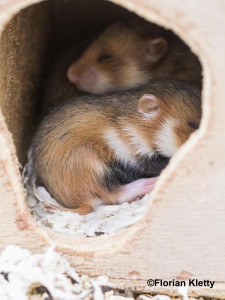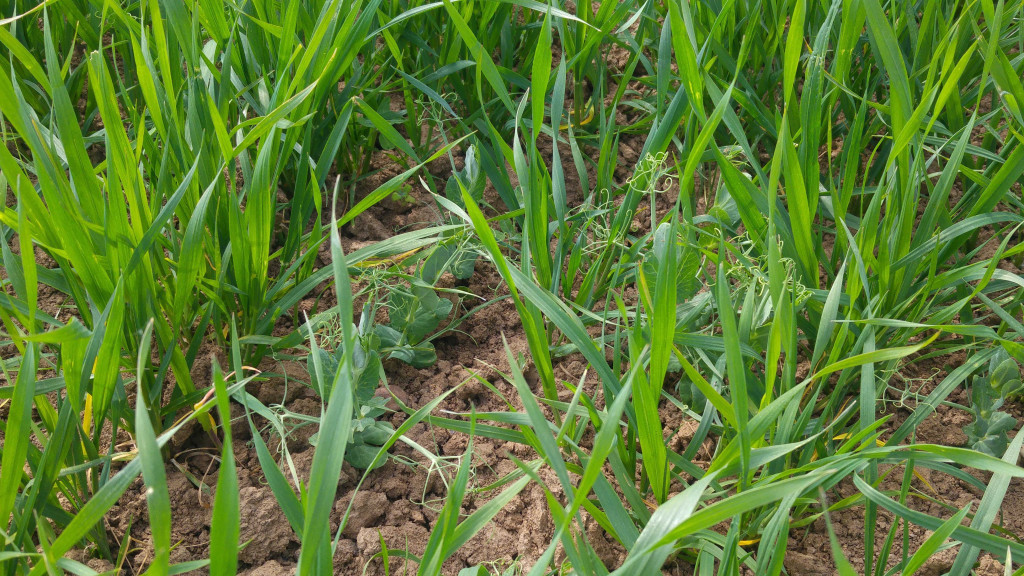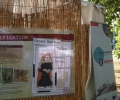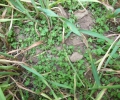Saving the European hamster: on-going research
2 avril 2019The LIFE Alister project is finishing at the end of the month of March, but what is happening with all the research work being done at the Hubert Curien Multi-disciplinary Institute (IPHC) and the French National Scientific Research Centre (CNRS) regarding food studies of the European hamster? This research led by Mathilde Tissier, while she was doing her thesis under the supervision of Caroline Habold, had revealed the disastrous effect of monoculture on European hamster reproduction, and the need to implement farming systems allowing several plant species to grow together within the same area.
The future NPA (National Plan of Action) brings together several players for the conservation of the European hamster including those already present in the LIFE Alister project. This continuity allows research studies to continue regarding food by determining the best associations of seeds for hibernation and reproduction of the European hamster. But the NPA plans to go even further. By co-funding the thesis of Florian Kletty, a PhD student at the IPHC-CNRS, the Regional Department for the Environment, Planning and Accommodation (DREAL) Grand Est makes it possible for him to assess the efficiency of the European hamster results from an agricultural standpoint.
 Are his recommendations for seeds compatible in the field? The various hamster diets were chosen following research and discussions with farmers in regards their cultivation methods. Suitable diets should thus allow for practicable and profitable crops to be proposed for the farming world. Last but not least, do innovative crops really have an impact on the presence of micronutrients such as vitamin B3 or mineral salts in farming ecosystems? And how are they positive to the European hamster but also to all the microfauna?
Are his recommendations for seeds compatible in the field? The various hamster diets were chosen following research and discussions with farmers in regards their cultivation methods. Suitable diets should thus allow for practicable and profitable crops to be proposed for the farming world. Last but not least, do innovative crops really have an impact on the presence of micronutrients such as vitamin B3 or mineral salts in farming ecosystems? And how are they positive to the European hamster but also to all the microfauna?
The research work is long and five years is not enough to find both the cause of the problem (as is the case with the reproduction drop-rate of the European hamster) and to find solutions along with implementation methods. For the IPHC-CNRS team led by Caroline Habold, this research will continue within the framework of the new NPA.




